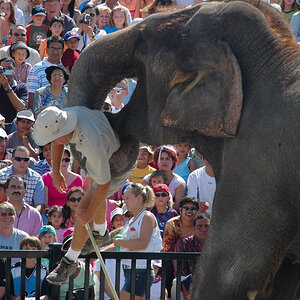blackphoenix
TPF Noob!
- Joined
- Jan 14, 2019
- Messages
- 93
- Reaction score
- 33
- Location
- Georgia
- Can others edit my Photos
- Photos OK to edit
C&C welcomed.
how would i go about figuring out to calculate my services because i have no idea.
how would i go about figuring out to calculate my services because i have no idea.



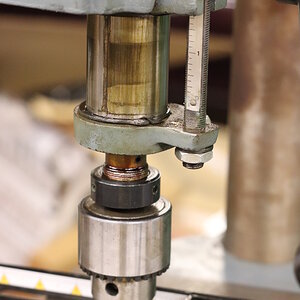
![[No title]](/data/xfmg/thumbnail/41/41893-f4e56dae79851bac6e79639bcf9e7473.jpg?1619739934)

![[No title]](/data/xfmg/thumbnail/35/35262-02f8eba4a2a92dbae0b55547bba80b4f.jpg?1619736968)
![[No title]](/data/xfmg/thumbnail/41/41894-692c98920dde335de241400937ed6166.jpg?1619739934)
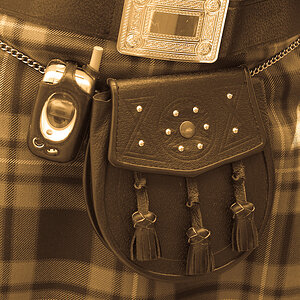
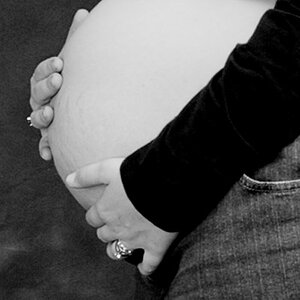
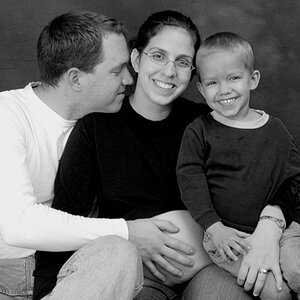
![[No title]](/data/xfmg/thumbnail/41/41895-34e19a98c1811c8d543811c45d6ca604.jpg?1619739935)

